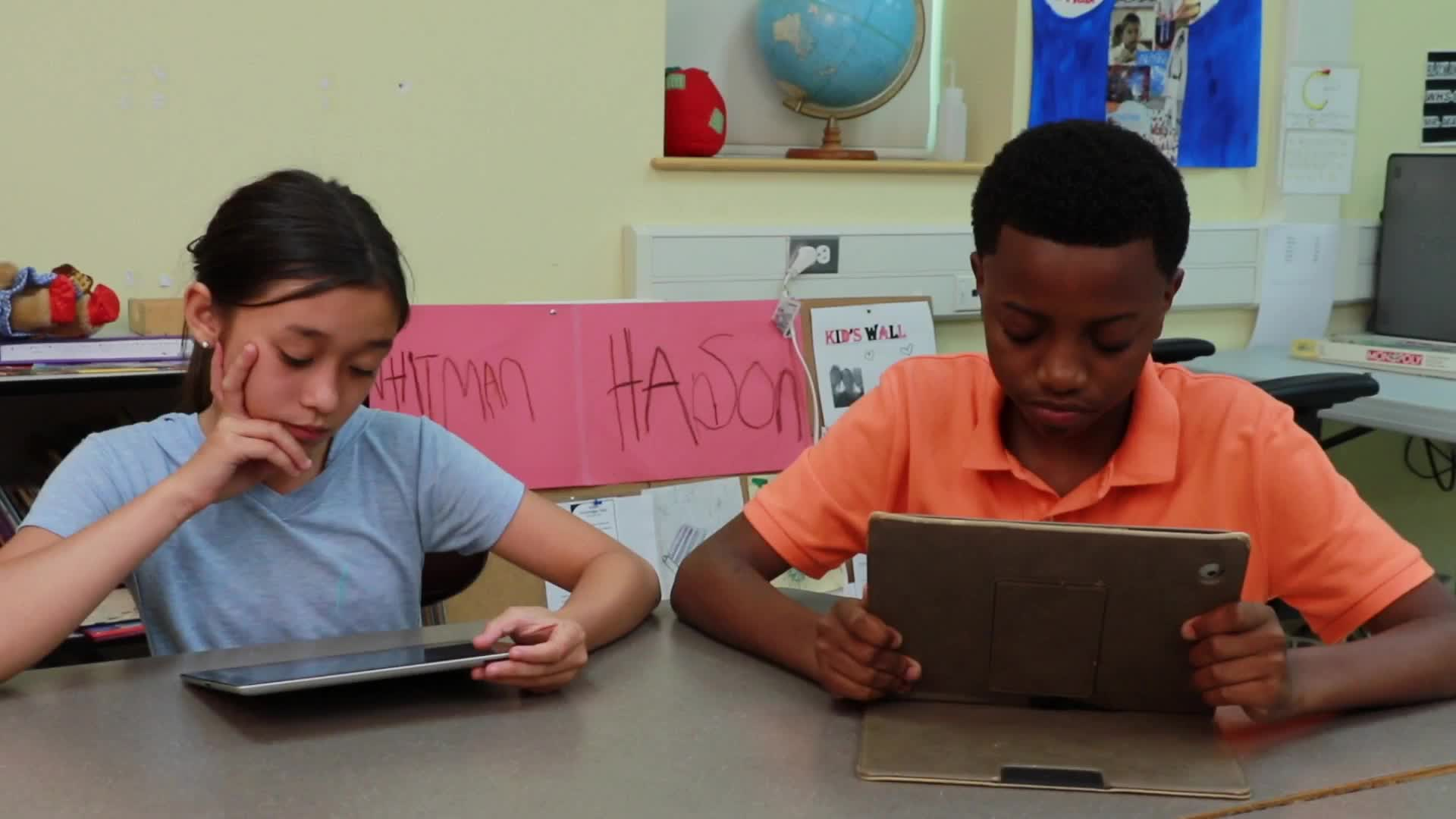Introduction
As educators, we understand the importance of teaching our students not only academic skills but also essential life skills. One such skill is active listening. Active listening is a vital component of effective communication and plays a crucial role in the development of social-emotional learning. This blog post will discuss the importance of active listening in social-emotional learning, provide a no-prep activity for educators to teach these skills, and offer discussion questions and related skills for further exploration.
No-Prep Activity: The Listening Game
This simple activity requires no preparation or materials and can be easily implemented in a classroom setting. The Listening Game helps students practice active listening skills and encourages them to pay attention to their peers.
- Divide the class into pairs and have them sit facing each other.
- Ask one student in each pair to share a story or experience for 2 minutes. The other student should listen intently.
- When the time is up, have the listening student paraphrase what they heard and provide feedback to the speaker.
- Switch roles and repeat the process.
- After both students have had a chance to practice active listening, bring the class together for a group discussion.
This activity helps students understand the importance of paying attention to others and demonstrates the positive impact of active listening on communication and relationships.
Discussion Questions
- Why is active listening important in building strong relationships?
- How does active listening contribute to effective communication?
- What are some ways to show others that we are actively listening to them?
- Can you think of a time when someone did not listen to you? How did it make you feel?
- How can we improve our active listening skills?
Related Skills
Beyond active listening, there are several other skills that contribute to healthy social-emotional development. Some of these related skills include:
- Empathy: Understanding and sharing the feelings of others.
- Nonverbal communication: Using body language, facial expressions, and gestures to convey information without speaking.
- Conflict resolution: Addressing and resolving disagreements in a constructive manner.
- Self-awareness: Recognizing one’s emotions, strengths, weaknesses, and values.
- Resilience: The ability to bounce back from challenges and setbacks.
Next Steps
Now that you’ve learned about the importance of active listening and related skills in social-emotional learning, we encourage you to continue exploring these concepts and incorporating them into your teaching practices. To help you get started, consider signing up for free sample materials on various social-emotional learning skills by visiting Everyday Speech’s Sample Materials.






